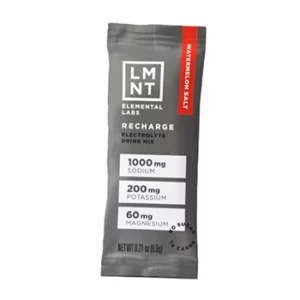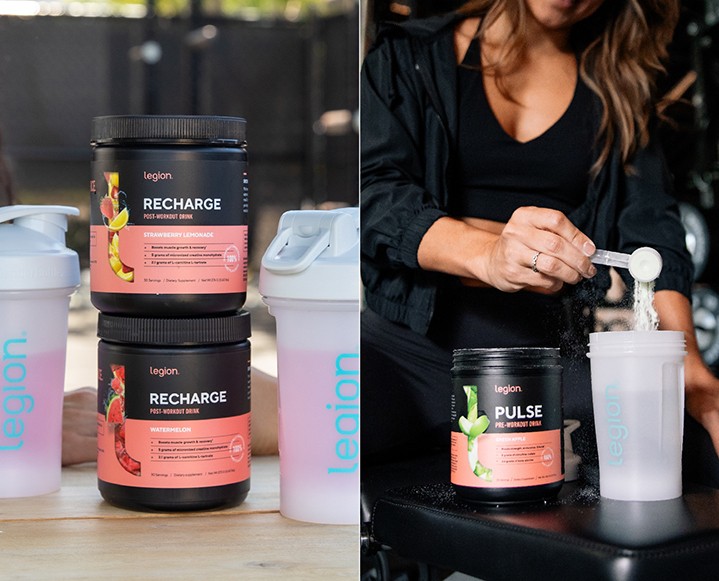Let’s start with the inevitable: We are all going to sneak a few sugar cookies, a slice or two of Grandma’s famous pie, and a sip, or more, of a festive, fizzy cocktail. It wouldn’t be the holiday season otherwise. If you happen to overdo it and eat a little too much, what are you going to do about it? Other than fully enjoy and embrace the moment (of course), there are a few simple tips to help keep your body running in tip-top shape, despite a holiday food binge.
The Damage: While we certainly support embracing the occasional consumption of naughty treats and comfort foods during the holidays, they do, in fact, stress the body, especially if eaten in excess. Most desserts and comfort foods are made with toxic ingredients. Homemade ones include ingredients such as white flour, white sugar, and non-organic dairy, while pre-made ones are even worse, containing trans fatty acids, high-fructose corn syrup, artificial colors, flavors and preservatives. These ingredients cause blood sugar levels to spike, the digestive system to become overwhelmed, and the liver to become overly taxed with toxins. As a result, in the short-term, we can become constipated, lethargic, bloated and irritable. In the long-term, especially if this behavior becomes a pattern, it can lead to diabetes, acid reflux, inflammation, high blood pressure and cholesterol, hormone imbalance, and, of course, weight gain.
Take Digestive Enzymes: The simple act of taking digestive enzymes when eating desserts and heavy foods can vastly improve our body’s ability to process them. Digestive enzymes are released by your saliva, stomach, pancreas and your small intestine, but oftentimes the body is unable to produce adequate amounts, especially when unhealthy foods are consumed. As a result, the food is not properly broken down, leaving it to rot in the digestive tract. This leads to toxin production in the body, and symptoms such as indigestion, constipation, bloating and even more severe conditions such as eczema, psoriasis, headaches and inflammation can occur.
The Form: Take a broad spectrum digestive enzyme complex that contains the enzymes amylase, lipase, maltase, pepsin, cellulase, lactase, protease and invertase. One of our favorites is Premier Digest by Premier Research Labs. This will assist the body in processing hard-to-digest foods such as dairy, meat, fats and sugar, all of which are on the typical holiday menu. The best part is that by taking enzymes with your meal, you can prevent the dreaded bloating and full feeling that all too often lingers after a big meal.
Take Omega-3 Fatty Acids: When the body is given the option of utilizing a healthy fat over an unhealthy fat, such as trans fatty acids, research has shown that it will choose the healthy fat. For that very reason it is imperative to either take an omega-3 fatty acid supplement when you eat, or to consume healthy fats with your meal. This will help the body manage inflammation, build healthy cells, improve memory and prevent toxin accumulation.
The Form: If you are choosing to take a supplement to get your dose of omega-3 fatty acids, take Algae Omega by Nordic Naturals. If you want to use whole foods instead, try eating walnuts or hemp, flax or chia seeds.
Eat Fiber: One of the worst side effects of eating too many holiday treats and comfort foods is a backed-up digestive system. The best way to prevent this from happening is to make room on your plate for fiber-rich foods. Fiber acts as a bulking material in the digestive tract, pushing even the hardest-to-digest foods through, helping to keep the bowels moving normally. Furthermore, fiber binds to toxins that are in the food we eat, safely moving them out of the body.
The Form: Fortunately fiber-rich foods are quite pervasive, making their addition to your meal quite easy, even at the holiday table. Some of the fiber-rich foods to look for are cruciferous vegetables like broccoli, Brussels sprouts and cauliflower; legumes like black beans and peas; green vegetables like collard greens, spinach and Swiss chard; as well as root vegetables like carrots and beets. Try to dedicate fifty percent of your plate to these fiber-rich foods to ensure your meal comes out as easily as it goes in.















